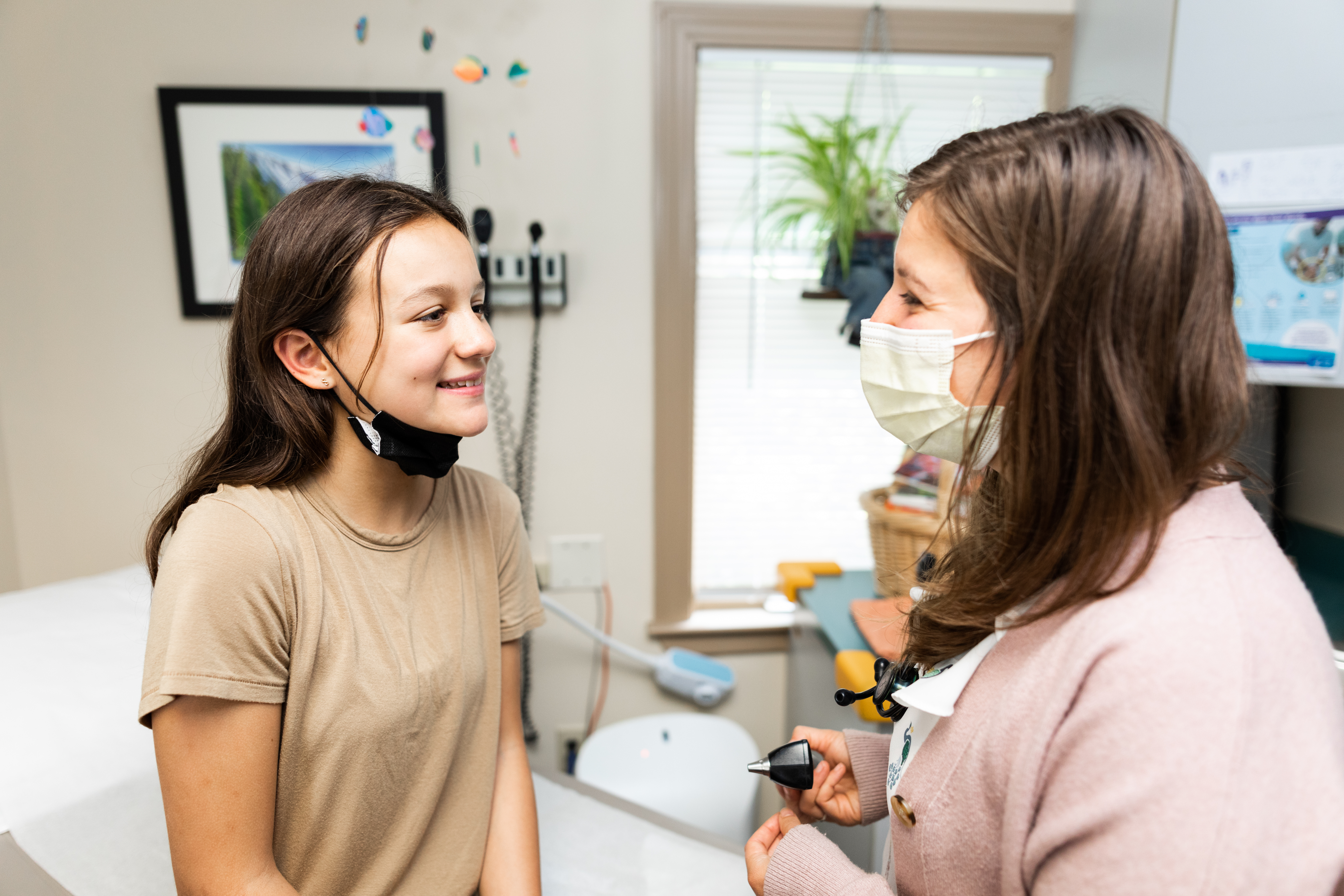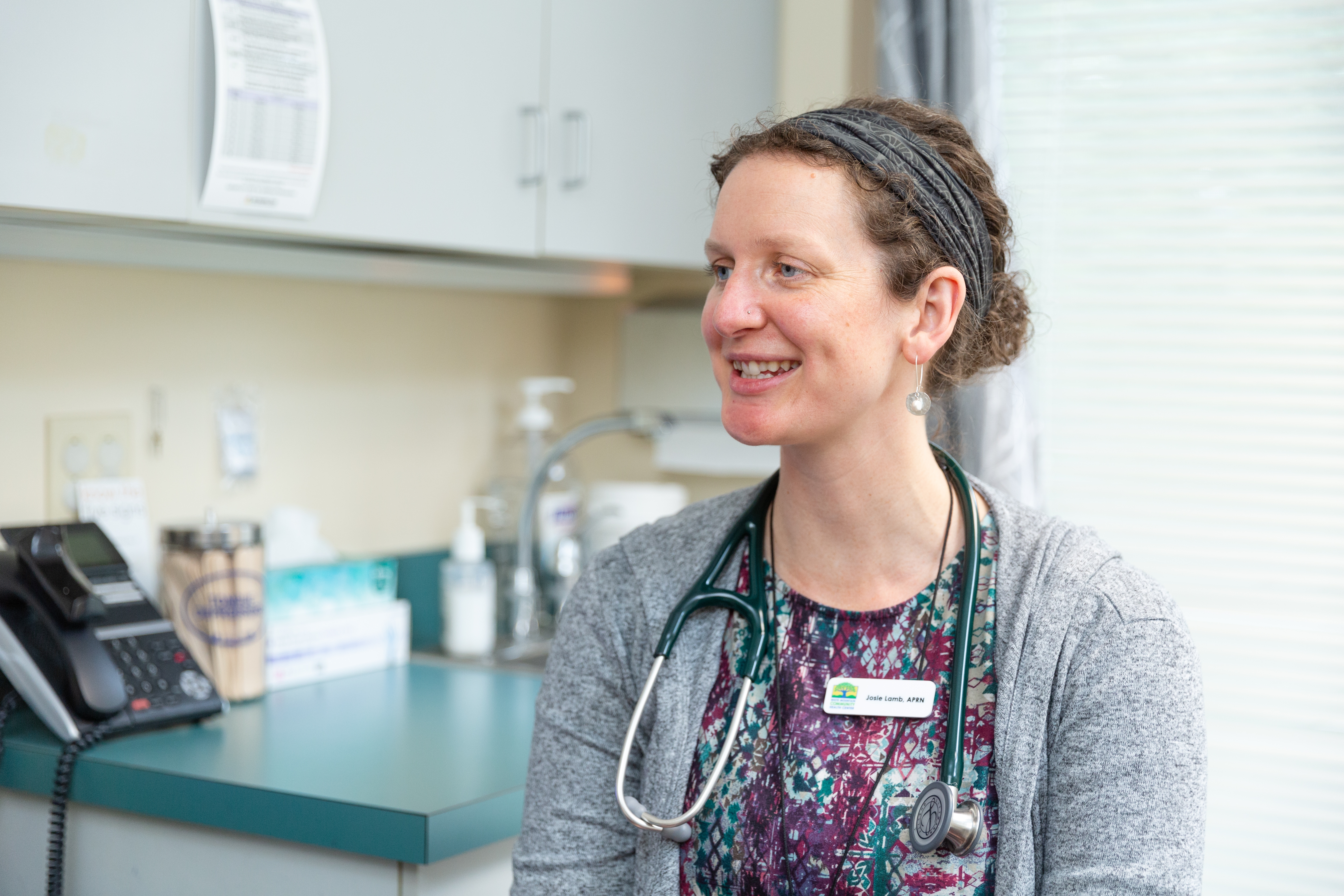
TEEN CLINIC
Teenagers can access confidential sexual health services through our primary care providers in a welcoming, non-judgmental environment. The provider you see will talk with you to learn about your concerns and goals, and you’ll come up with a plan together to suit your individual situation.
The Teen Clinic is open every Wednesday from 2:30–4 p.m. Telehealth video or phone appointments are available for some services, such as pregnancy options counseling and sexual health questions. Call us to set up a telehealth appointment during Teen Clinic hours.
If you need help or have questions at other times, you are always welcome to call us to talk confidentially to a nurse or one of our care coordinators. If you're already a primary care patient here, you can also access Teen Clinic services by scheduling a visit any day and asking for your visit to be kept confidential.
To visit the Teen Clinic, walk in between 2:30-4 p.m. on Wednesday.
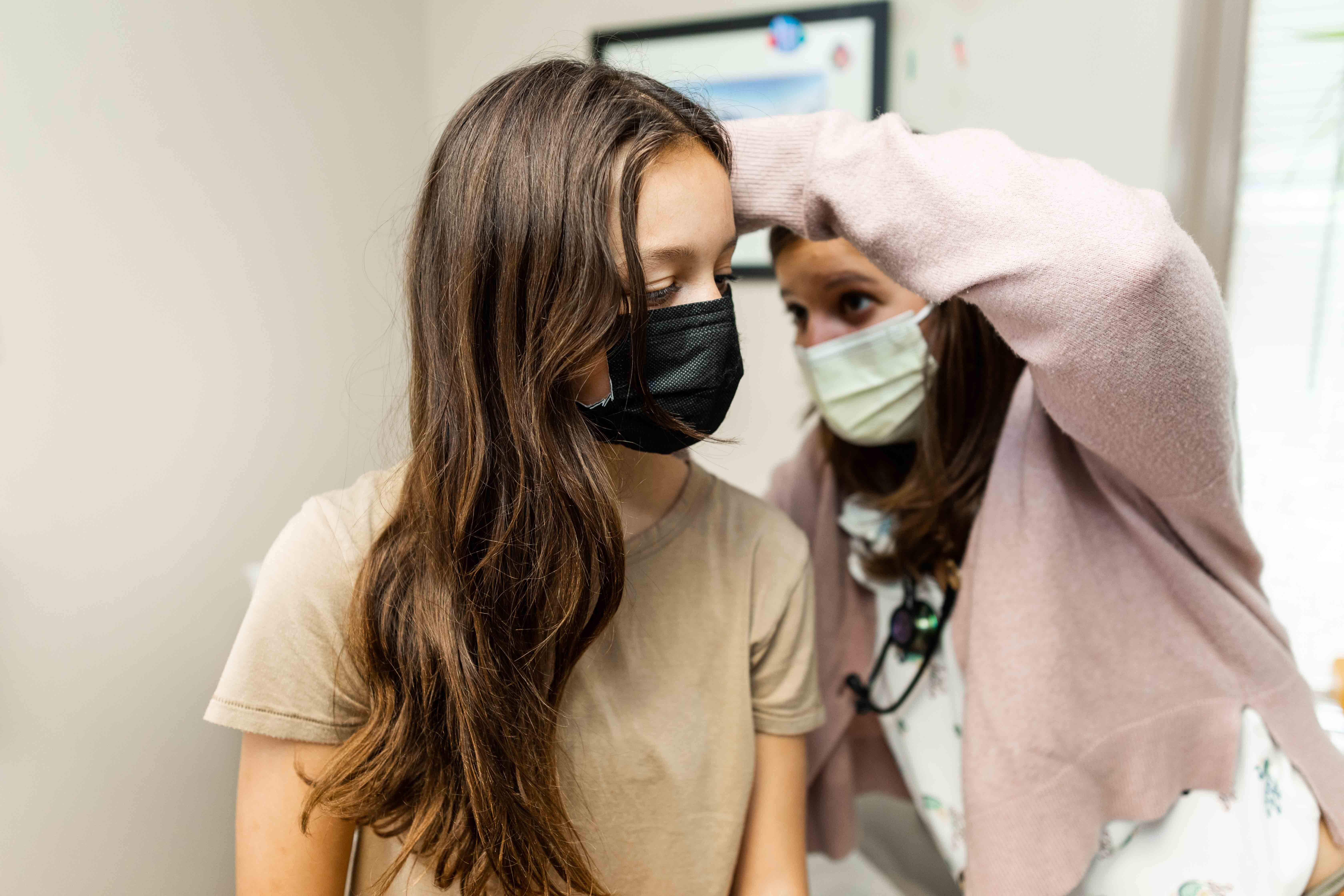
Teen Clinic Services
- Birth control, including IUDs
- STI/STD testing and treatment
- Emergency contraception (call ASAP, do not wait for Teen Clinic hours)
- Pregnancy testing and options counseling
- Help with any other sexual health issues or questions
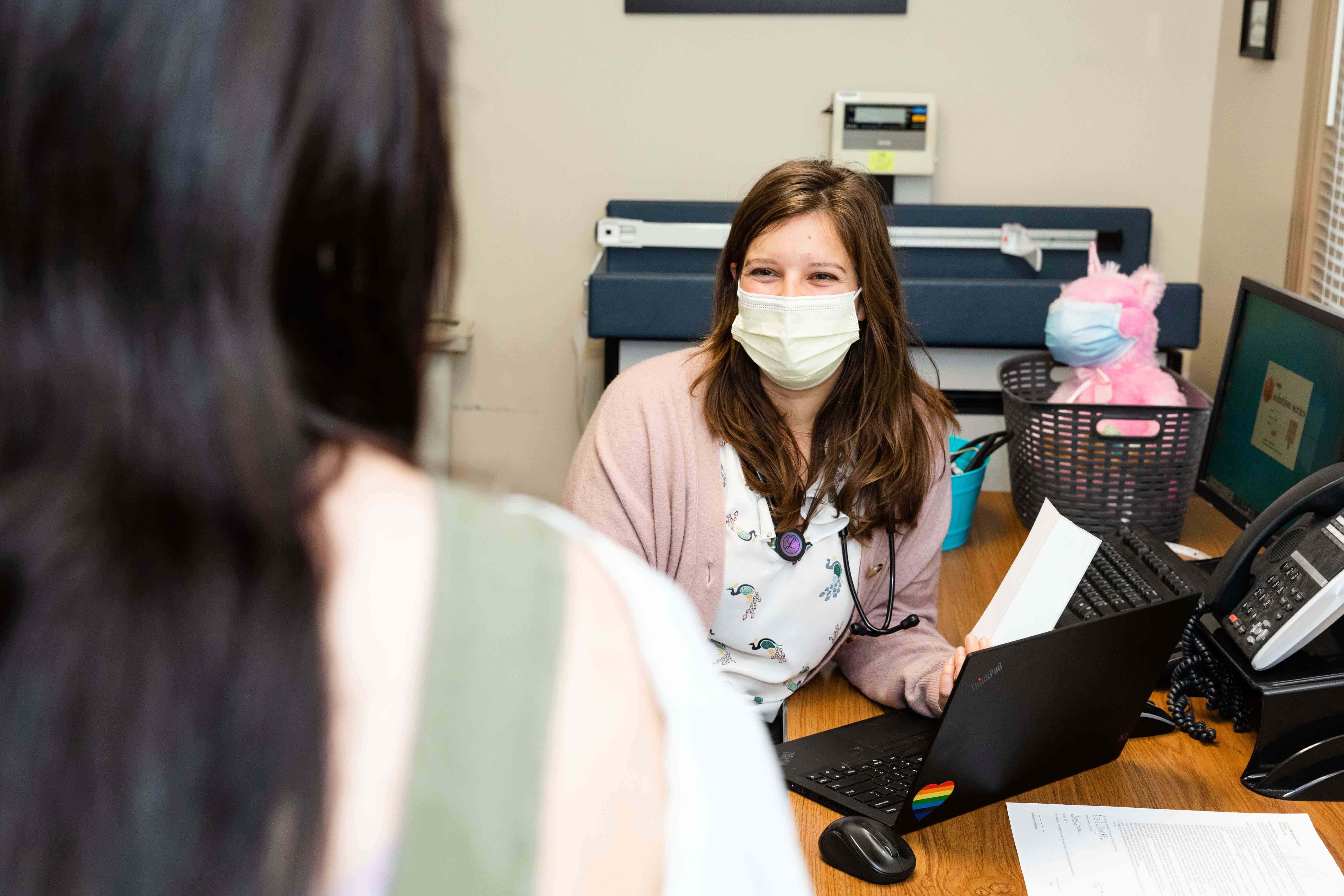
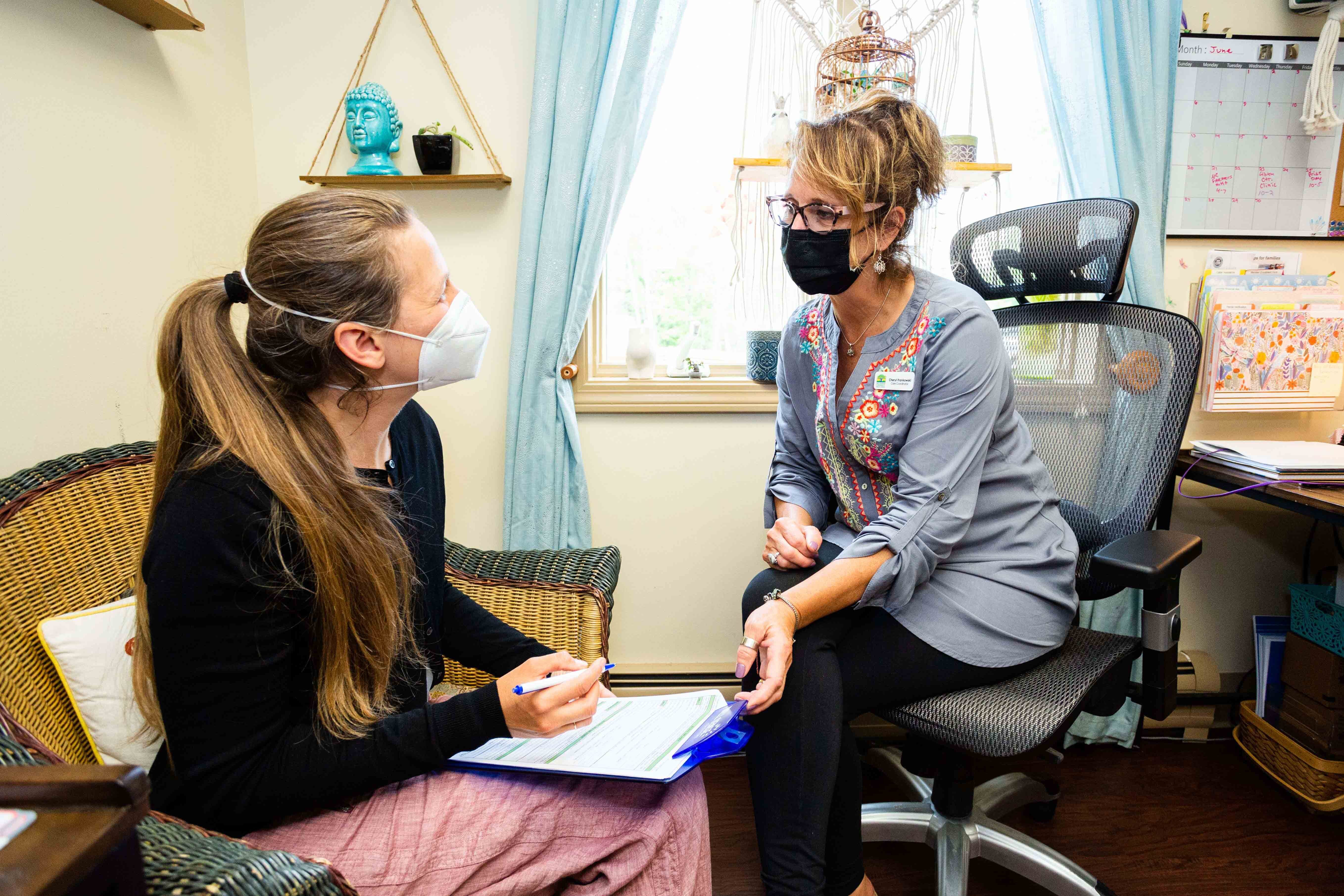
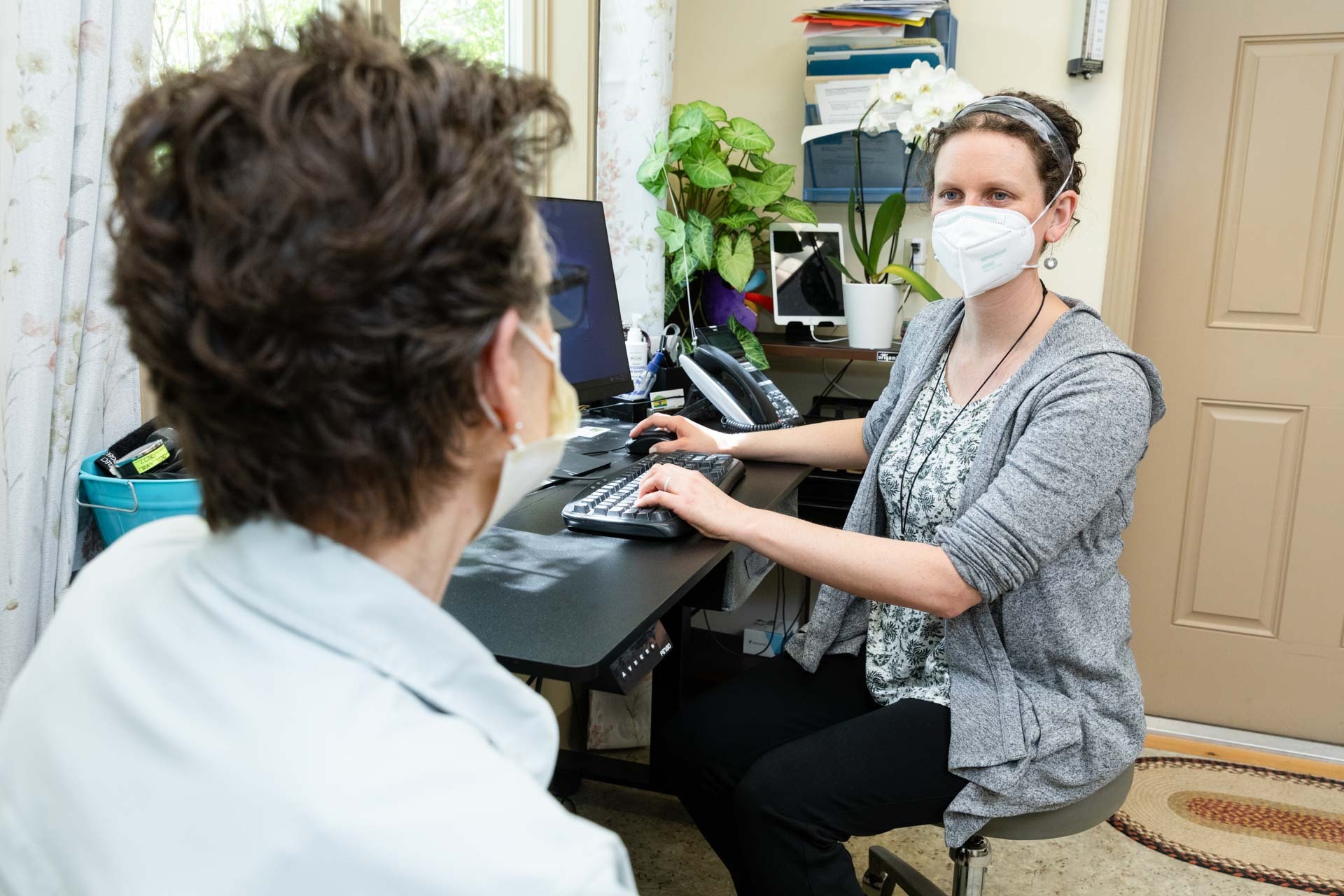
Accessing Teen Clinic services
We provide all of our services no matter what each patient is able to pay. We encourage Teen Clinic patients to use health insurance if they have it, including Medicaid. Billing insurance helps us continue to provide services to all patients who need them.
However, it’s important for you to understand if the health center bills your insurance, the person who enrolls you in insurance (such as a parent or guardian) may learn from your insurer what services you’ve received.
Whatever your financial situation, you should come in if you need these services. We expect Teen Clinic patients to make payment arrangements during their visit, and we’ll talk to you then if you need assistance covering up to 100% of the cost of your visit.
Our Care Coordination Team helps patients navigate access to the care they need. They can help you identify your best options to make healthcare affordable, and help you with enrollment. They can also help with transportation, translation, and overcoming other barriers to care.
